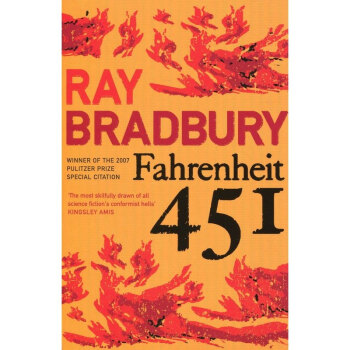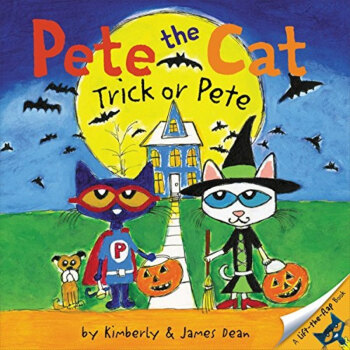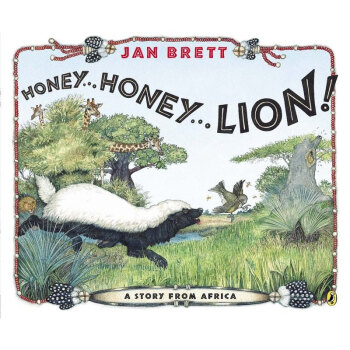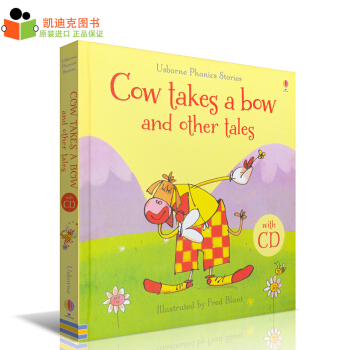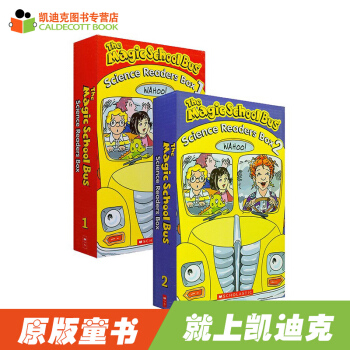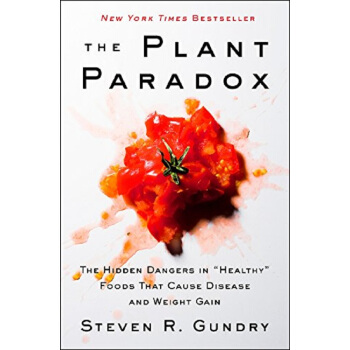

具体描述
The Plant Paradox: The Hidden Dangers in "Healthy" Foods That Cause Disease and Weight Gain (英语) 精装
作者:Dr. Steven R Gundry M.D.
出版社: Harper Wave; 1 (2017年4月25日)
精装: 416页
语种:英语
ISBN: 006242713X
条形码: 9780062427137
商品尺寸: 15.2 x 3.5 x 22.9 cm
ASIN: 006242713X
内容简介
“Dr. Gundry is a true trailblazer, always at the forefront of scientific knowledge. The Plant Paradox shows the world what pioneer thinking is about and is a must-read book for anyone interested in being as healthy as nature has designed them to be.” —Alejandro Junger MD, New York Times bestselling author of Clean, Clean Gut and Clean Eats
“The Plant Paradox elegantly explains how plants defend themselves from being consumed by humans, and how eating the wrong ones at the wrong times immeasurably hurts our health. An eye-opening read.” —Mehmet Oz, MD, Professor of Surgery, New York Presbyterian/Columbia University
Most of us have heard of gluten—a protein found in wheat that causes widespread inflammation in the body. Americans spend billions of dollars on gluten-free diets in an effort to protect their health. But what if we’ve been missing the root of the problem? In The Plant Paradox, renowned cardiologist Dr. Steven Gundry reveals that gluten is just one variety of a common, and highly toxic, plant-based protein called lectin. Lectins are found not only in grains like wheat but also in the “gluten-free” foods most of us commonly regard as healthy, including many fruits, vegetables, nuts, beans, and conventional dairy products. These proteins, which are found in the seeds, grains, skins, rinds, and leaves of plants, are designed by nature to protect them from predators (including humans). Once ingested, they incite a kind of chemical warfare in our bodies, causing inflammatory reactions that can lead to weight gain and serious health conditions.
At his waitlist-only clinics in California, Dr. Gundry has successfully treated tens of thousands of patients suffering from autoimmune disorders, diabetes, leaky gut syndrome, heart disease, and neurodegenerative diseases with a protocol that detoxes the cells, repairs the gut, and nourishes the body. Now, in The Plant Paradox, he shares this clinically proven program with readers around the world.
The simple (and daunting) fact is, lectins are everywhere. Thankfully, Dr. Gundry offers simple hacks we easily can employ to avoid them, including:
Peel your veggies. Most of the lectins are contained in the skin and seeds of plants; simply peeling and de-seeding vegetables (like tomatoes and peppers) reduces their lectin content.
Shop for fruit in season. Fruit contain fewer lectins when ripe, so eating apples, berries, and other lectin-containing fruits at the peak of ripeness helps minimize your lectin consumption.
Swap your brown rice for white. Whole grains and seeds with hard outer coatings are designed by nature to cause digestive distress—and are full of lectins.
With a full list of lectin-containing foods and simple substitutes for each, a step-by-step detox and eating plan, and delicious lectin-free recipes, The Plant Paradox illuminates the hidden dangers lurking in your salad bowl—and shows you how to eat whole foods in a whole new way.
作者简介
Steven R. Gundry, MD, FACS, FACC, is the director of the International Heart and Lung Institute in Palm Springs, California, and the founder/director of The Center for Restorative Medicine in Palm Springs and Santa Barbara.
用户评价
这本书的价值,超越了单纯的营养学范畴,它触及到了我们与自然、与自身身体之间关系的重新定位。我个人认为,作者在行文中展现出的那种对“本真”的追求,是极其打动人心的。他引导我们重新审视那些被现代农业和食品工业“包装”过的产物,去探寻食物最原始、最纯粹的状态应该是什么样的。阅读过程中,我时常会停下来,思考现代生活方式对我们身体的隐性侵蚀。这种感觉很奇妙,就像是有人帮你擦去了一层蒙在眼睛上的灰尘,让你突然看清了事物的本质。它不是一本叫你“戒断”什么东西的书,而是一本教你如何“重新连接”的书,连接到那些被我们遗忘的、与生俱来的健康直觉上,这种深层次的触动,让我对未来的生活态度产生了微妙而坚定的转变。
评分从文学欣赏的角度来看,这本书的文笔非常老练且充满力量。它的句式变化丰富,时而短促有力,像警钟一样敲击读者的神经;时而又舒展绵长,娓娓道来那些深藏在食物背后的历史烟云。作者似乎对语言的掌控达到了炉火纯青的地步,即便是探讨相对严肃的健康议题,也丝毫没有让文字显得板滞。相反,其中穿插的一些个人经历和观察,极大地增强了文本的可读性和情感连接。我仿佛能感受到作者在撰写这些文字时,那种既激动又略带忧虑的心情,这种真诚是任何冰冷的科学报告都无法替代的。读起来,感觉不像是在阅读一本专业书籍,更像是在聆听一位学识渊博的长者,用最真挚、最富魅力的语言,向你传授关于生命健康的终极智慧。
评分这本书带来的冲击力是持久的,它不仅仅停留在“知道”的层面,更促使我开始了深刻的“反思”与“实践”。我周围的许多朋友和家人,都对那些被过度美化的“健康光环”深信不疑,而这本书提供了一个全新的、需要审慎对待的视角。它迫使我跳出舒适区,去质疑那些被主流媒体反复强调的养生口号。这种思维上的解放感非常宝贵。我发现,作者在构建他的论述体系时,非常注重读者的接受度,他知道如何在不引起过度恐慌的前提下,植入那些必须被我们正视的问题。这种平衡拿捏得恰到好处,让我既感到了紧迫性,又不会因此感到无从下手。它不是一本提供简单答案的读物,而是提供了一套更精密的“提问工具箱”。
评分这本书的结构安排非常巧妙,逻辑链条清晰得令人赞叹。作者在铺陈论点时,大量引用了各种研究数据和历史背景,但处理得毫不枯燥,反而将那些原本可能晦涩难懂的科学概念,转化成了引人入胜的故事片段。我特别欣赏他那种抽丝剥茧的能力,他总能找到那个最细微的切入点,然后沿着这条线索,将一个复杂的系统性问题剖析得淋漓尽致。比如,当他谈到某些我们习以为常的食材时,那种细腻到令人心惊的描述,让我不得不停下来,仔细思考自己过去几十年来的饮食习惯。这绝不是一本让你看完后可以随手放回书架上的书,它更像是一本需要你随时拿起笔在旁边做批注、反复思考的“行动指南”。读完某一章节,常常需要我放下书,去窗边发呆好一会儿,消化那种信息爆炸带来的震撼感。
评分这本书的封面设计简直太吸引人了,那种带着点神秘感又有点复古的色调,让我忍不住想知道里面到底藏着什么样的“秘密”。初次翻开,我就被作者那种直击人心的叙事方式给抓住了,他不是那种高高在上的说教者,更像是一个和你肩并肩走在探索真相路上的伙伴。文字的流动性极佳,读起来一点也不费劲,仿佛作者就在你耳边娓娓道来那些关于我们日常饮食的颠覆性观点。最让我印象深刻的是,他没有直接给出“你该怎么做”的武断结论,而是通过层层深入的分析,引导你去质疑那些我们深信不疑的“健康常识”。这种潜移默化的影响,比生硬的灌输要有效得多。我感觉自己像是在进行一场思维上的大冒险,每一次翻页都充满了对未知的好奇和对既有认知的挑战,光是阅读的过程就已经让我收获颇丰。
相关图书
本站所有内容均为互联网搜索引擎提供的公开搜索信息,本站不存储任何数据与内容,任何内容与数据均与本站无关,如有需要请联系相关搜索引擎包括但不限于百度,google,bing,sogou 等
© 2026 book.coffeedeals.club All Rights Reserved. 静流书站 版权所有

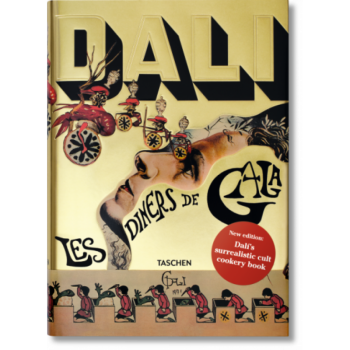
![英文原版 Amelia 阿米莉亚贝迪利亚(童年)9册 [4-8岁] pdf epub mobi 电子书 下载](https://pic.windowsfront.com/25468488081/5a77fc35N723d88ca.jpg)
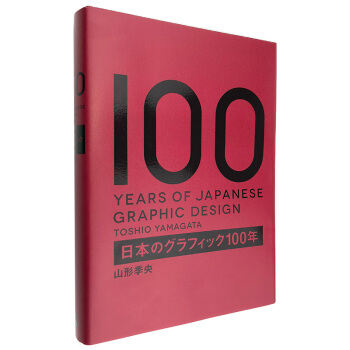

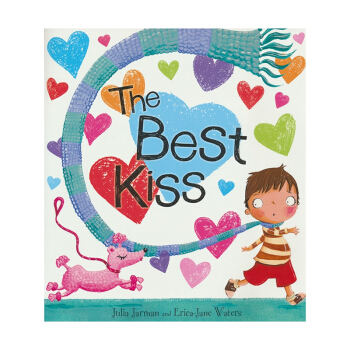

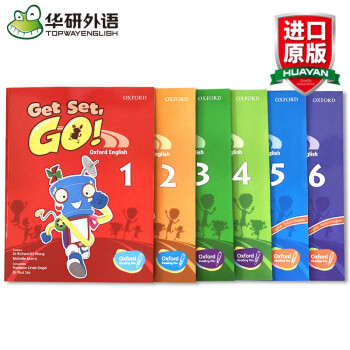

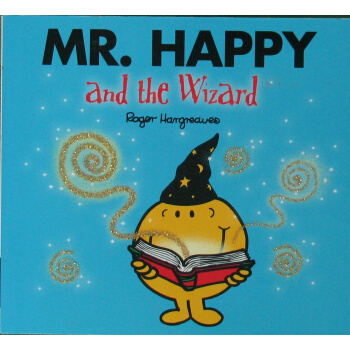
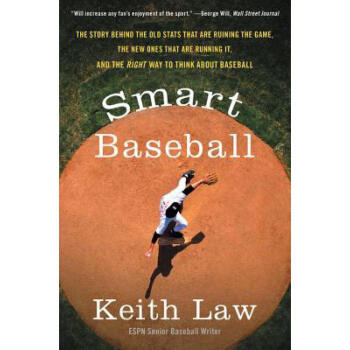
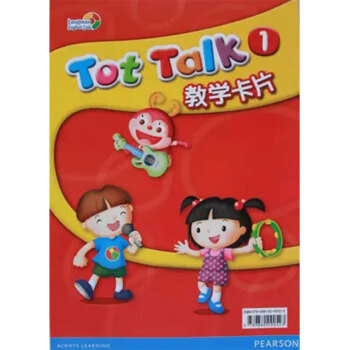
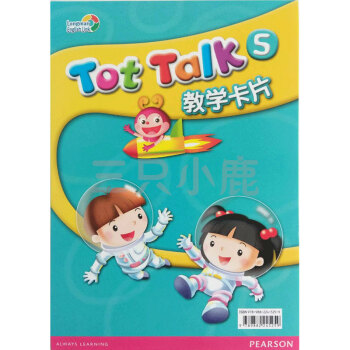
![[现货]进口日文 京都案内 プレミアム京都案内 訪れる人を魅了してやまない、奥深き京都の旅 pdf epub mobi 电子书 下载](https://pic.windowsfront.com/25872304358/5a9ce9b9Ne5e83240.jpg)
